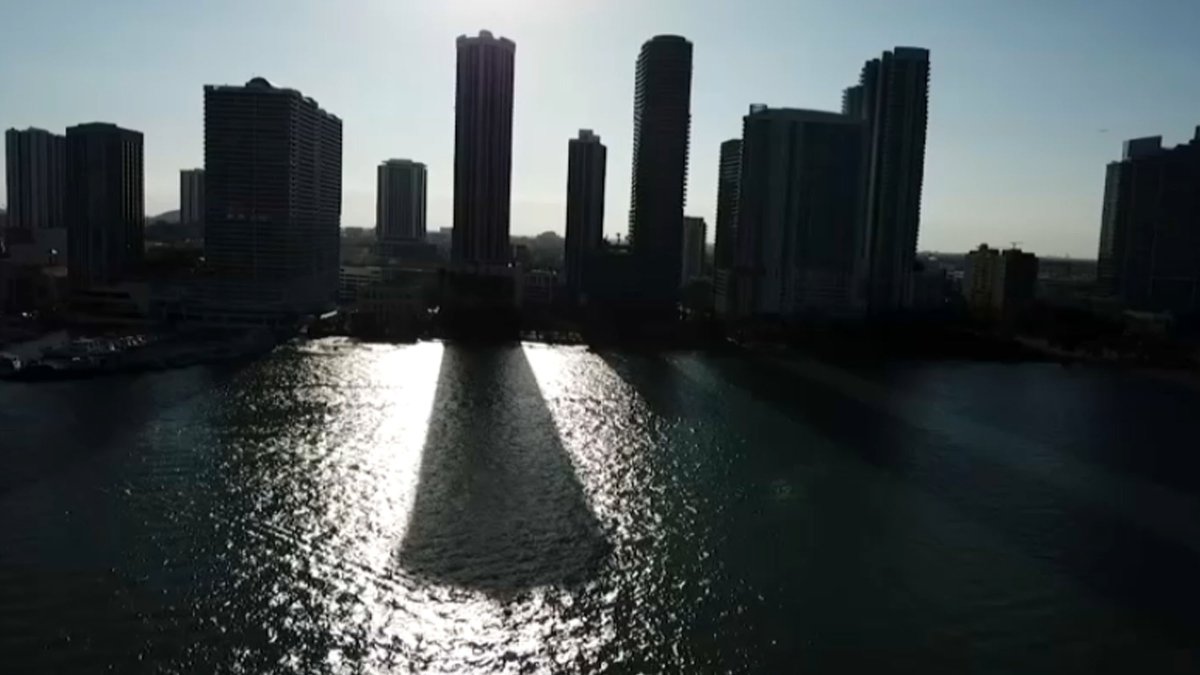What does a landlord look like? Man? Woman? Young person? Older adult? Chances are, you aren’t thinking about a private equity firm or corporate entity.
But in Florida, the chances of your landlord being a private company are getting higher each year.
According to the Private Equity Stakeholder Project, private equity firms now own over 17% of all apartments in the state.
Big ownership can come with some upsides, like lower deposits, quicker move-in dates, and nicer amenities, but it can also come with some major drawbacks.
“You’re typically supposed to spend 30% of your income on rent, and that’s becoming almost impossible,” Maria Llorens said.
Llorens is the Policy and Research Director with the Miami Workers Center and points to rising rent as an issue many Miamians are dealing with. The Miami Workers Center recently surveyed 1,088 low-income tenants renting from corporate landlords in several South Florida communities (North Miami, Miami Gardens, Allapattah, Little Haiti, Little Havana, Overtown, Cutler Bay, Wynwood and Biscayne Gardens).
A key finding from the survey: 90% of the respondents named rent increases as their top complaint.
How large landlords determine when and how much to raise rent has come under scrutiny.
In January, the Justice Department sued six landlords with properties in South Florida, alleging they used software that allowed them to share apartment rental rates with other landlords to keep prices high.
“There’s so little recourse, unless you have access to an attorney, that landlords can engage in these bad practices,” Llorens said.
The National Rental Home Council, an industry trade association, says corporate landlords are expanding the availability of quality, affordable-priced, professionally managed single-family rental housing.
We received similar feedback from a company named in the survey, who told us they have “20% higher resident satisfaction than the multifamily average, and resident retention rates are significantly higher than the national average to date.” Telling us their “communities are almost 100% occupied, and average rents are in line with the South Florida market average.”
Another top complaint among those surveyed by the Miami Workers Center are major conditions issues like structural problems and mold.
“So, moving into this house, it was in a nice neighborhood,” Ryan Wyrosdick said.
Wyrosdick rented a home from the country’s second-largest landlords of single-family rentals, Invitation Homes. She says years after living in the home, an inspection found mold in multiple areas. She shared photos and testing results dated from February 2023. Wyrosdick says she moved out the following month and filed complaints with the Better Business Bureau and the City of Edgewater in Volusia County. Public records show code compliance received a complaint but did not take action because it was deemed a tenant-landlord issue.
Her lease agreement, which she shared with NBC6, states the company is not responsible for mold issues unless they’re caused by negligence or misconduct.
NBC6 contacted Invitation Homes to ask about her complaints, but we are yet to hear back.
Last fall, Invitation Homes reached a $48 million settlement over allegations that the company was “deceiving renters about lease costs, charging undisclosed junk fees, and failing to inspect homes before residents moved in.” The money will be used to refund customers harmed by its actions, according to the Federal Trade Commission. Invitation Homes did not admit wrongdoing as part of the settlement.

